Does a conservatory need foundations? Experts say they do and this is how much they could cost
Find out what you need to know about the groundworks phase of your conservatory project, from how deep footings should be to how much they’re likely to cost
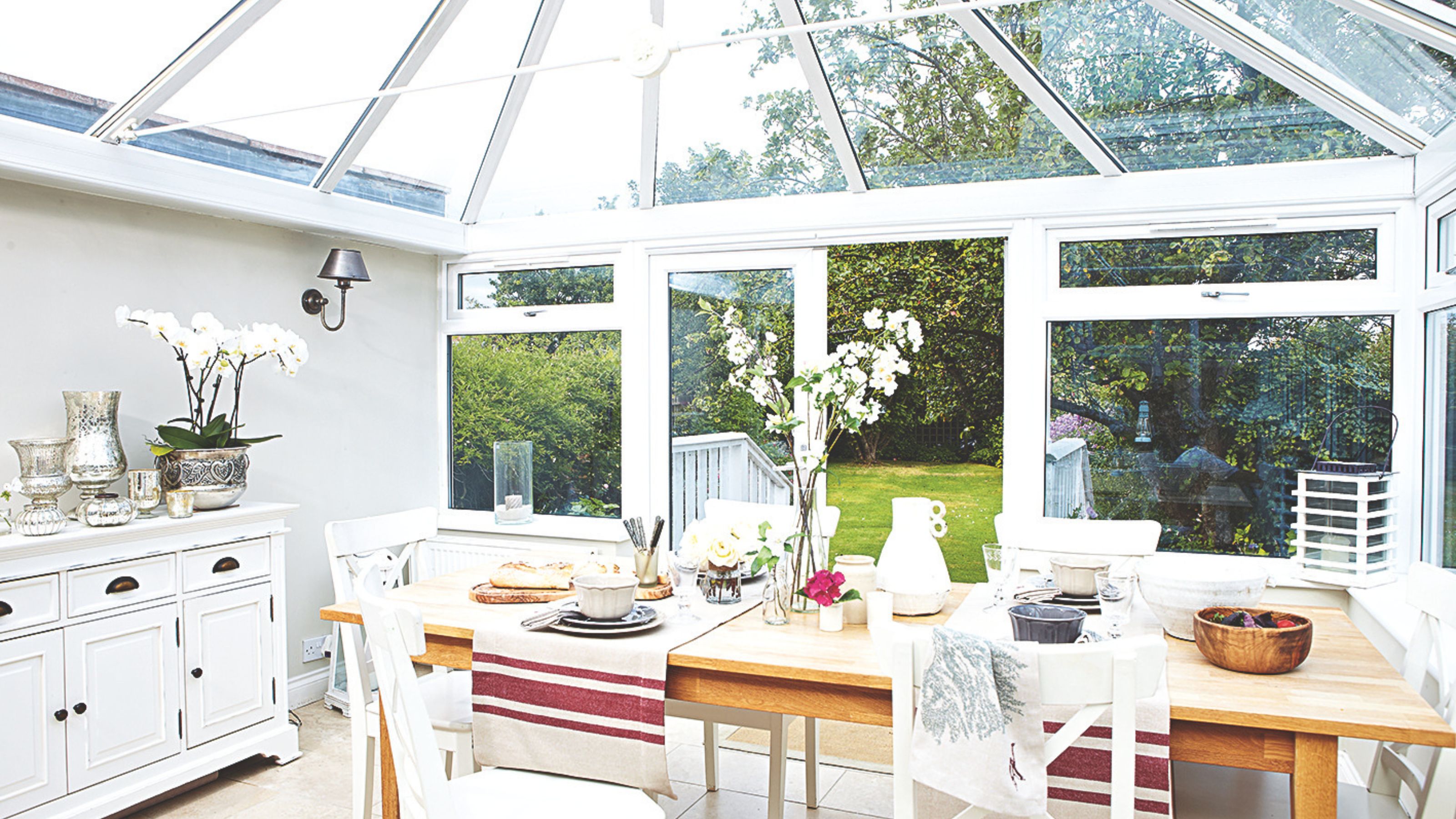
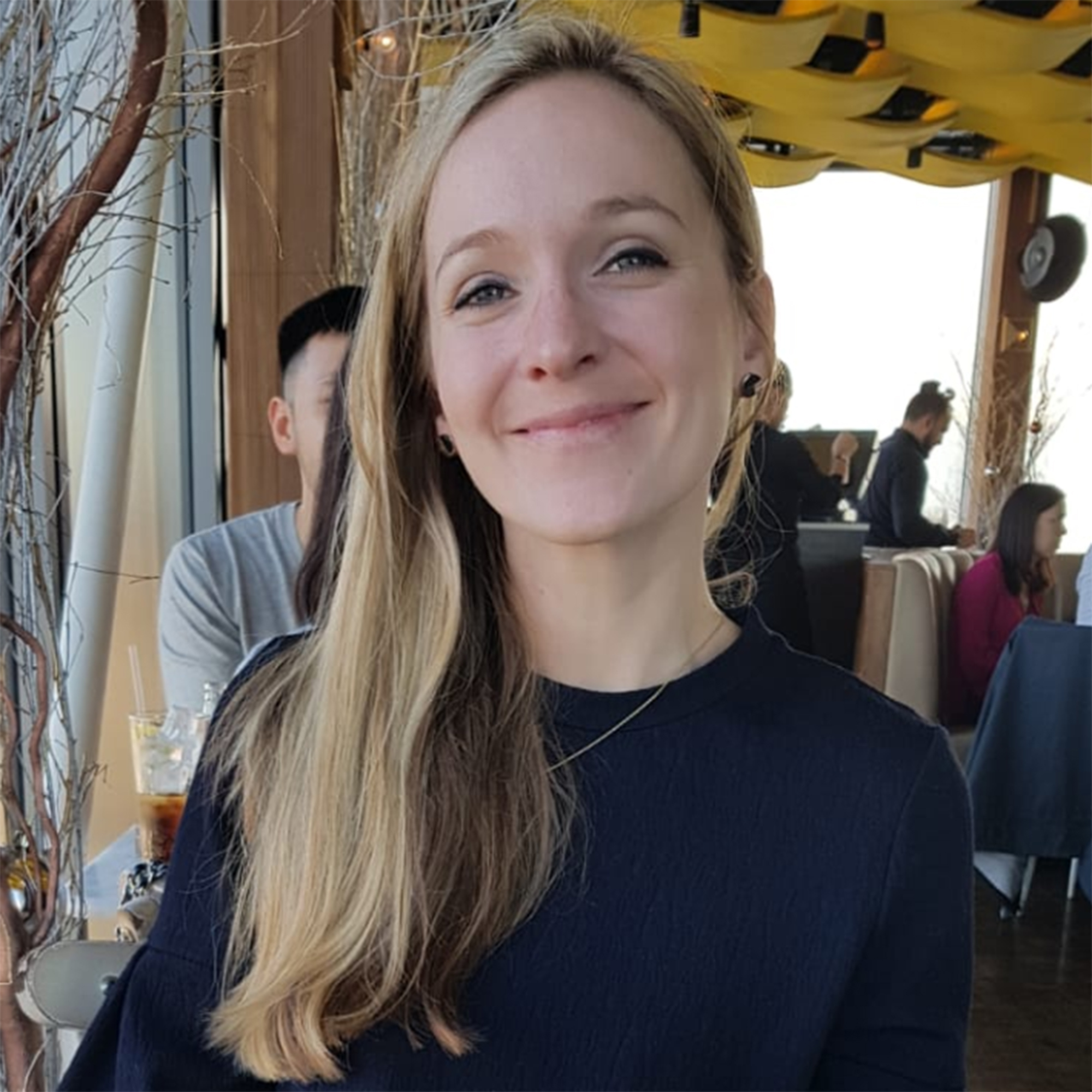
Whether you’re replacing an old conservatory or building a new one from scratch, the footings are one aspect that it’s crucial to get right. But do conservatories need foundations, and if so, what kind?
There’s a lot to think about when planning a new conservatory, from the shape, design and frame material to whether or not planning consent is required. It’s easy to get swept up in the aesthetic details of the project, without giving much thought to the practical side of the build – including the type of foundations that are required to serve as a base for the new structure.
'Without proper foundations, your conservatory could have uneven floors,' says Rachel Munby from Anglian Home Improvements. 'It could also get damp or even sink – so it’s important that it’s done right.'
Here, we investigate the numerous factors that will play a role in designing your conservatory’s foundations, from the condition of the surrounding soil to the weight of the structure the footings need to support. We also spoke to the experts to get a better idea of how much this aspect of your project is likely to cost.
Does a conservatory need foundations?
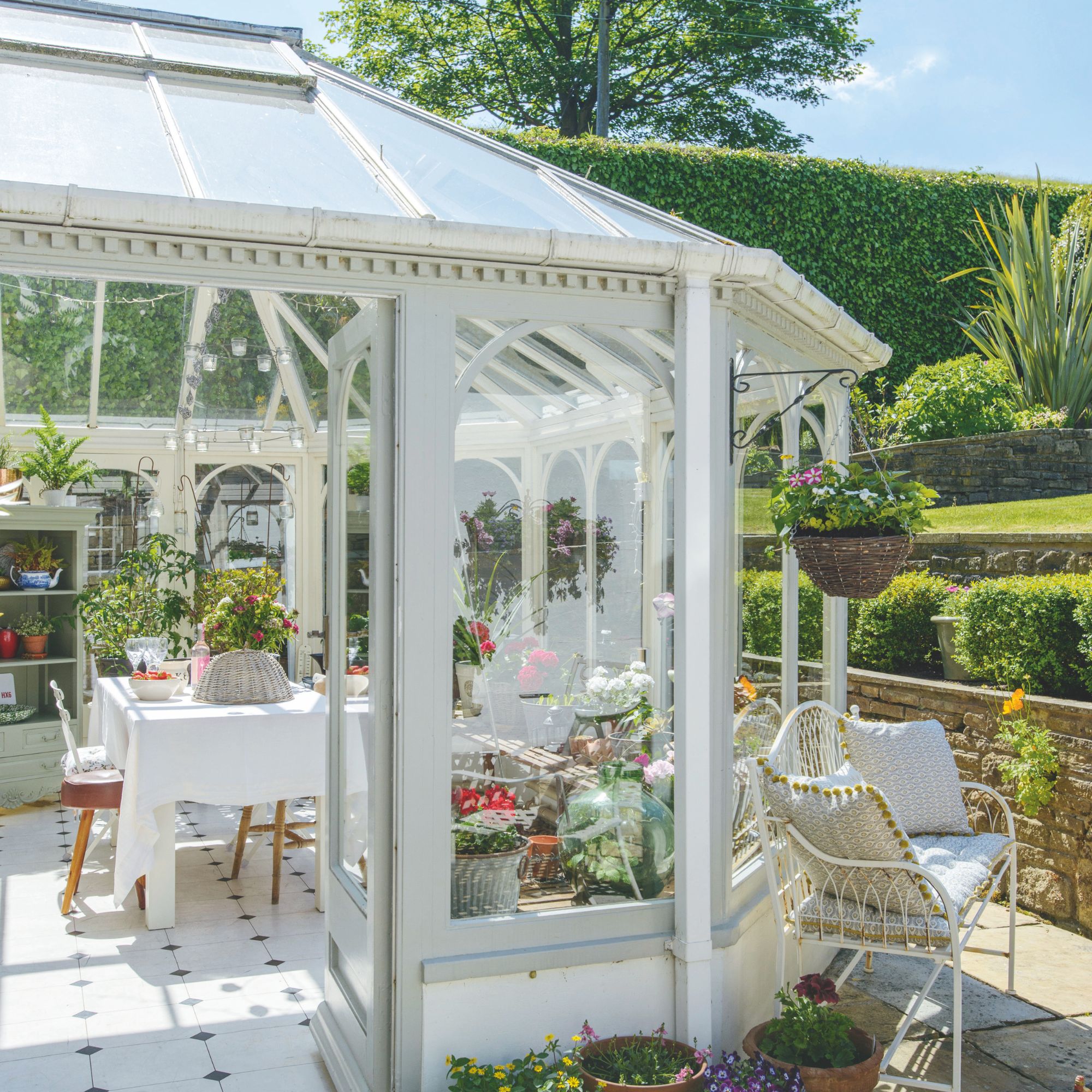
In a word, yes – foundations are vital to ensure the structural stability of your conservatory. What makes conservatories a little different from other types of home extension is that they’re exempt from building regulations. To fall into the ‘exempt’ category, your conservatory needs to be below 30m2, have a glass roof and over 50% glass in its sides. Plus, the rooms need to be thermally separated from the rest of the house.
While conservatory building regs may not apply, it’s still a good idea to build this type of glass extension on a base that adheres to the same standards.
'There should be little difference between footings for an extension or a conservatory,' says Paul Davies from The Little Conservatory Company. 'Both require foundations that transfer structural loads safely to the ground and provide stability.'
Get the Ideal Home Newsletter
Sign up to our newsletter for style and decor inspiration, house makeovers, project advice and more.
'While Building Regulations may treat these spaces differently, the fundamental engineering requirements remain consistent,' says Paul.

Specialists in bespoke design, The Little Conservatory Company are experts in designing and installing luxury conservatories, orangeries and creative living spaces for homeowners across Gloucestershire.
Consulting a professional designer, structural engineer or builder is always a good idea if you’re unsure about the stability of your structure and whether it complies with the regulations in your area (for instance, the rules in Scotland and England are slightly different).
It’s also worth noting that incorporating certain design details into your new conservatory may mean that it does, in fact, need to comply with building regs’ standards.
'If the structure is large, has an open-plan design or is intended for year-round use, compliance with Part A (Structure) and Part C (Site Preparation & Resistance to Contaminants & Moisture) of Building Regulations may be required,' says Sharon Wright from DHW Joinery.

Sharon is one half of the founding partners of the business that was established in 1989. Sharon has a rich heritage being a leading female business owner in the male-dominated joinery industry. Sharon has a fantastic eye for building beautiful conservatories and takes the lead within the business when it comes to design of the stunning projects that pass her desk.
How deep do conservatory foundations need to be?

For most new conservatories, installing the foundations to a depth between 650mm and 1,000mm is usually sufficient. This should ensure that the footings penetrate below the frost line and reach stable soil conditions, which is essential if they’re going to provide a steady support for your new addition.
However, while these measurements can be used as a general rule of thumb, it’s always best to have a conservatory specialist visit your home so they can assess your site individually. Their survey will take into account any additional factors that may affect your installation, such as the type of soil or the presence of any nearby trees.
'Factors like nearby trees, soil type and drainage also influence how deep foundations need to be,' says Rachel from Anglian Home Improvements. 'Ignoring these elements can lead to unstable foundations, causing cracks or damage that can make the conservatory unsafe.'
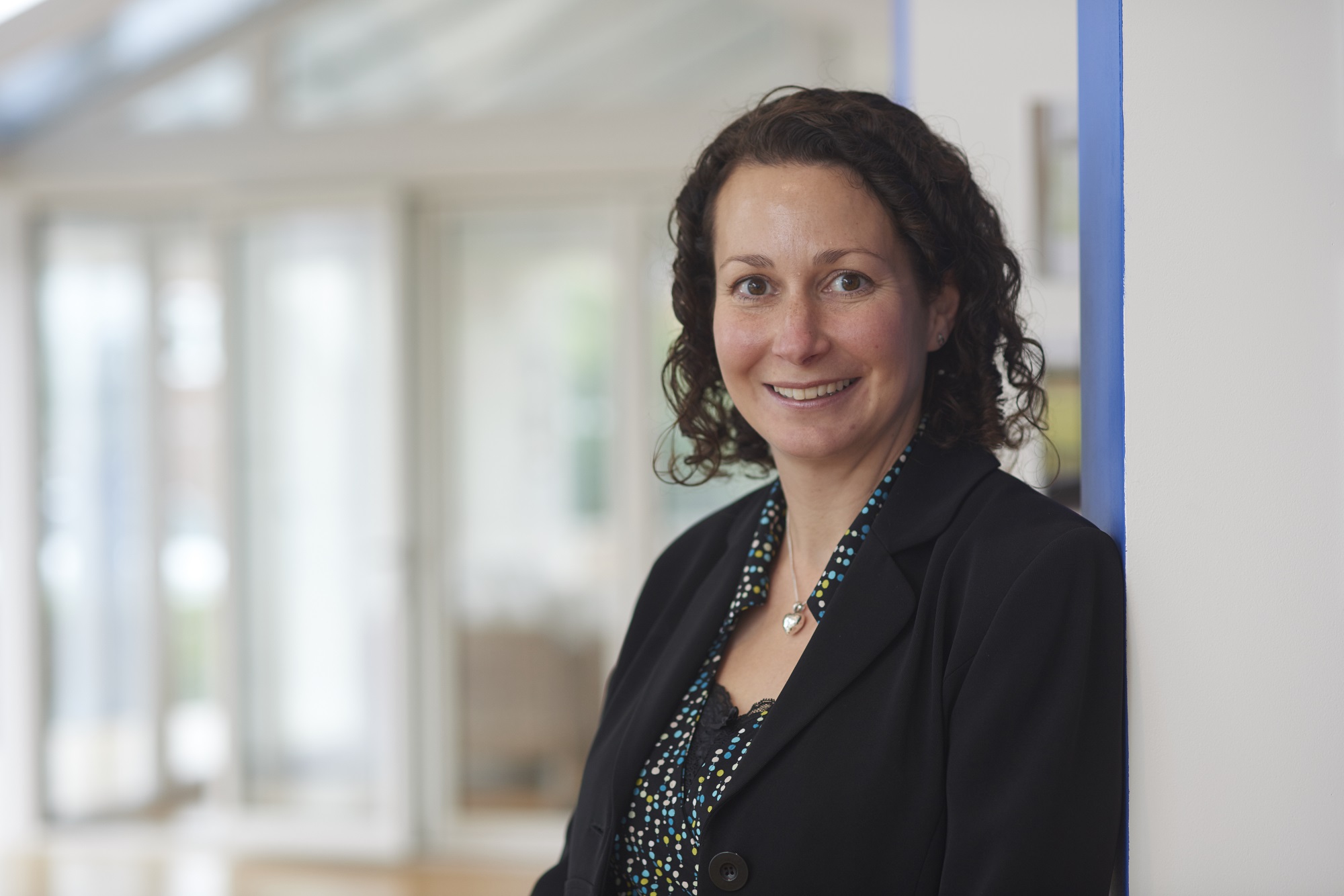
Rachael champions innovation and quality in doors, windows and conservatories. Under her direction, Anglian upholds its reputation as the home improvement leader, blending rigorous standards with pioneering products. She drives the company’s proud commitment to British manufacturing and exceptional customer satisfaction.
What type of foundation is best for a conservatory?
There are various options for the type of foundations that should be put into place beneath your conservatory structure. According to Virginia Murray from Mozolowski & Murray, the most suitable solution is determined based on the ground conditions, so that sufficient excavation, insulation and structural integrity can be ensured.
'Concrete strip foundations are the most common for solid ground,' says Virginia. 'Trench fill foundations are ideal for areas with softer soil. Raft foundations are used where additional weight distribution is required.'

It’s also worth bearing in mind that the type of foundations that are required will also depend somewhat on the weight of the structure being installed above. 'Our bespoke hardwood conservatories differ significantly from mass-produced versions, which often use lighter materials with less emphasis on long-term performance,' says Virginia.
'Many conservatories often have lighter foundations due to their short-term design,' Virginia explains. 'Our handcrafted hardwood structures are built with foundations similar to those used for extensions.'

As Director of Sales & Marketing at Mozolowski & Murray for over 30 years, Virginia has played a pivotal role in shaping the company’s reputation and growth in the bespoke construction industry. Her leadership has focused on promoting high-performance, sustainable glass and hardwood structures, delivering luxury, energy-efficient solutions across Scotland and Northern England.
What can affect the type of foundations you need?

Soil conditions and the proximity of any trees, shrubs, drains and manholes are typically the most important factors at play here. If the soil on your property is loose or unstable in any way, deeper foundations will likely be required to ensure the conservatory is adequately supported.
'The load-bearing capacity [of the foundations] determines how much weight the foundation can support,' says Rachel. 'At the same time, environmental factors such as water tables, frost and even potential seismic activity can influence the choice of foundation.'
Trees are another key consideration – especially large trees or those growing in clay soil – as large roots can cause ground movement. It’s worth bearing in mind that even after a tree is removed, the shrinking of the roots can lead to soil sinking.
If you’re building your conservatory anywhere near a drain or a manhole, careful planning is required. 'Foundations cannot be built over a manhole or within three metres of a public drain without local authority approval,' says Rachel.
While it is possible to alter the position of a drain or manhole with consent from your local water authority, this can be expensive. 'Plus, the new location must remain accessible without entering your home,' says Rachel. 'Proper planning and professional advice are essential to ensure a stable, compliant and long-lasting foundation for your conservatory.'
How much are conservatory foundations likely to cost?

Before deciding on a supplier for your conservatory, it’s important to triple check exactly what you’re getting for the sum you’re paying. While some companies include the conservatory frame, building work and installation in their costs, others provide conservatories on a supply-only basis – so be sure to check what’s included in your quote.
In one sense, the cost of your foundations depends on the amount of construction that needs to be done. For instance, if you’re replacing an old conservatory with a new structure, but already have solid foundations on place, it’s possible that you can save on costs by re-using this existing base
It's also worth bearing in mind that the cost of the foundations will vary hugely, depending on all the factors covered above (soil conditions, size and weight of the conservatory frame, proximity to large trees etc).
'The cost will be dependent on the size of the foundation, composition and existing groundwork,' says Sharon from DHW Joinery. 'Most builders work on a meterage price, and we would estimate currently his would be anywhere between £2,000 and £5,000 per m2.'
Make sure you choose the right conservatory for your home and lifestyle with these top tips.

Rebecca Foster started her journalism career in Bangkok in 2013, where she worked on the in-house editorial team at a luxury homes magazine. Since then, Rebecca has contributed to numerous property and interiors titles in the UK and Southeast Asia. She re-located to London in 2015 to work at one of the country’s leading self-build and home renovation magazines. In 2017, she left her job to split her time between freelance journalism and teaching yoga.
You must confirm your public display name before commenting
Please logout and then login again, you will then be prompted to enter your display name.
-
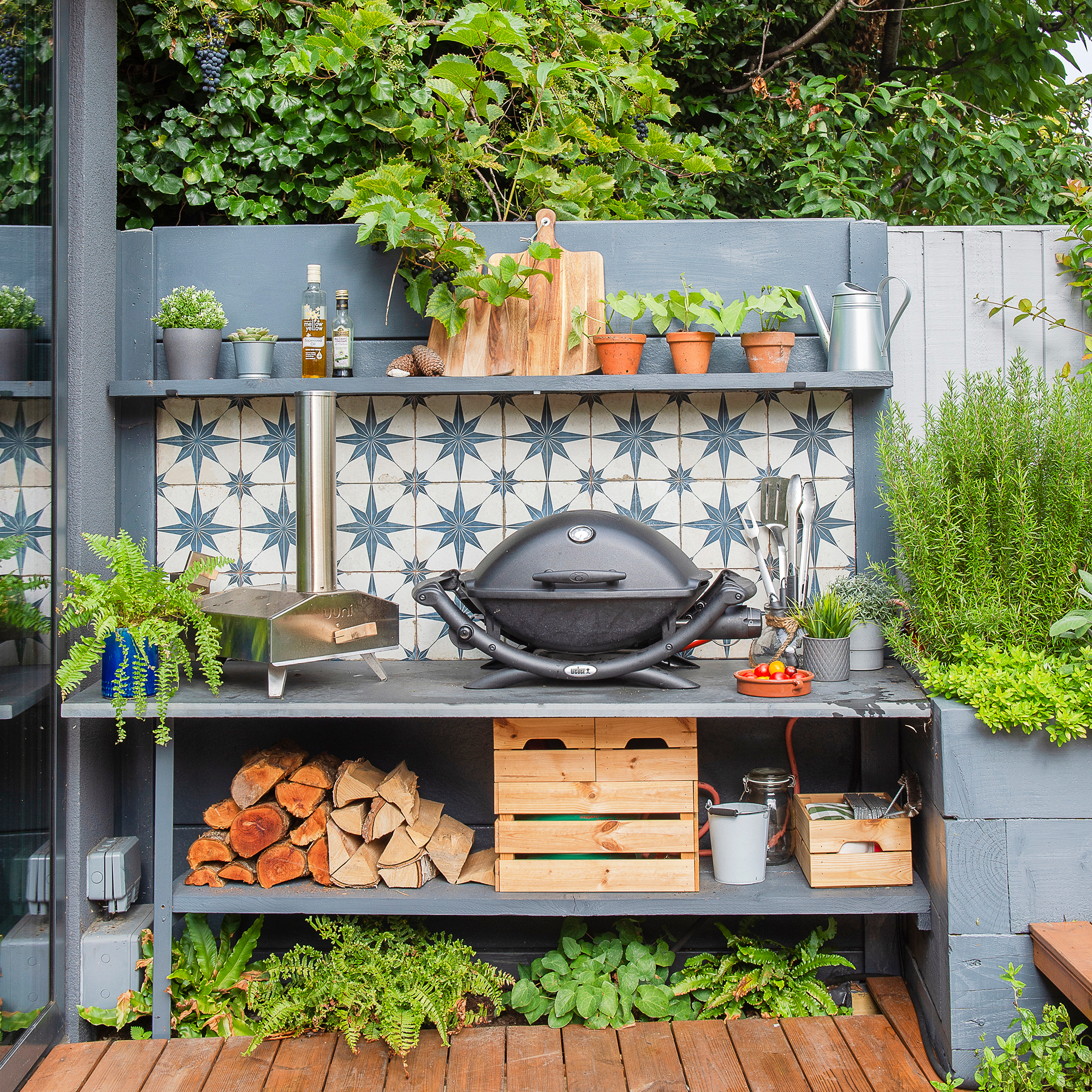 Cleaning experts reveal the quick way to clean your BBQ with beer - all you need is a leftover can or bottle
Cleaning experts reveal the quick way to clean your BBQ with beer - all you need is a leftover can or bottleBeer and BBQs go hand in hand anyway...
By Kezia Reynolds
-
 Can neighbours complain about outside lights? Experts urge you to check your garden lighting if you want to keep the peace
Can neighbours complain about outside lights? Experts urge you to check your garden lighting if you want to keep the peaceIf your garden lights are a nuisance, the neighbours can take action
By Katie Sims
-
 Instagram just introduced me to plinth vacuums — this is why every kitchen should have this clever, crumb-busting cleaning appliance
Instagram just introduced me to plinth vacuums — this is why every kitchen should have this clever, crumb-busting cleaning applianceMeet your new cleaning essential, no bending or dustpans required
By Lauren Bradbury